Welcoming our new Cohort | Cohort 21
After rolling out three successful Cohorts who are constantly bringing improvement and innovation in the education ecosystem, EduMentum proudly welcomes its newest Cohort, Cohort 21, with 9 new partner organizations. EduMentum will support the selected organizations through funding, mentorship, providing networking opportunities and building a sustainable organization.
The organizations have myriad approaches to transform education, such as training of the teachers, development of educational content, building community learning centres, establishing libraries, conducting remedial classes, innovative pedagogical tools and practices, awareness and learning camps, infrastructural upgradation, and use of socio-emotional learning tools. These approaches will be adopted and adapted by the non-profits in accordance with their geographical and societal context.
Selection Process
To achieve the goal of EduMentum, the organizations are selected after a thorough and rigorous four-step selection process that lasts for six months. The application process of EduMentum starts on 10th of January every year. Despite the unprecedented times this year, we received a total number of 182 applications and successfully conducted the selection process to finally select the 9 organizations who will join the new cohort.
Cohort 21 Change Leaders
Cohort 21 selection process witnessed an interesting medley of non-profit organizations working in the education realm. We are pleased to introduce the organizations finally selected to be part of Cohort 21:
- Kanavu (Cuddalore, Tamil Nadu) – With a small team, Kanavu seeks to improve rural education by nurturing leadership in disadvantaged schools and communities. By developing content and pedagogy for the teachers, and parents and community outreach, they dream of an India where circumstances do not dictate destiny.
- Pratibimb Charitable Foundation (Mirzapur, Uttar Pradesh) – The focus of the Foundation is to enhance the quality of education at elementary level in rural government schools and establish the community learning centre for the out of school children to ensure access to education.
- Gramothan (Sonepur, Odisha) – Gramothan aims to create a learning space for children through community involvement and improve the public education system by empowering rural and tribal communities. With a participatory and child-centric approach, Gramothan is creating contextual educational resources and pedagogy.
- Vowels of People Association (Pune, Maharashtra) – Through their School Transformation program focusing on teacher capacity building, educational content development and VSchool, an online learning platform with minimum screen time and teacher involvement, VOPA provides facilitation and training to stakeholders in the government schools enabling them to deliver quality education.
- Satirtha (Nagaon, Assam) – The goal of Satirtha is to ensure access to quality education. They propose to initiate an integrated project for education enhancement in rural and municipal primary schools in their geography by adopting interventions like early learning, remedial classes, reading programs and STEM learning,
- CounSEL (Ahmedabad, Gujarat) -With a mission to provide safe-spaces to students for their social and emotional well-being, CounSEL conducts teacher workshops for capacity building and sensitization, and student SEL program for students’ emotional well-being. They also have digital initiatives to further their mission.
- Alag Soch (Kolkata, West Bengal) – Realizing the importance of social and emotional well-being of children in their formative years, Alag Soch works with schools from all income groups by customizing services to cater to the social and emotional needs of students, training the teachers and ensuring sustainability by principal participation.
- Library for All (Imphal, Manipur) – Library for All believes that school libraries can bring systemic change towards quality education, and aims to increase language competencies by setting up and reviving libraries along with reading programmes in Government Elementary Schools.
- Gram Urja (Beed, Maharashtra) – Gram Urja strives to improve quality of education and reduce dropout rates from government schools by increasing stakeholder and beneficiary engagement through awareness programmes, transforming schools in terms of infrastructure, power and internet connectivity, and running various engagement activities.
As can be seen, the diversity in the cohort is geographical as well as in the approach. EduMentum hopes to reach a wider base of stakeholders and beneficiaries through the endeavours of the new cohort.
Geographical Diversity:
This year, the geographies were further broadened as we received applications from 21 states (as shown in the map), with debuts from the states of Goa, Manipur, Nagaland and Mizoram.
Like our other cohorts, there are organizations from all parts of the country in Cohort 21. This time we have change leaders from Manipur, Odisha and West Bengal in our cohort for the first time.
Diversity in Approaches:
An organization brings to a cohort a new contextualized solution for the existing challenges. They formulate a fresh way to unravel the educational discrepancies in their particular geographies. In Cohort 21, the stakeholders are primarily the students and teachers in schools, headmasters, parents, rural and tribal communities, and gram panchayats. Cohort 21 is projected to impact over 15,000 students and 4,000 teachers.
Looking Forward
Some of the organizations work in remote parts of the country, which can often be isolating. The resources, funding and networking opportunities dwindle as you go to the interiors, where the real change is required. Keeping this in mind, EduMentum is thrilled to have Cohort 21 on board to help them forge alliances, build networks and further our synergized vision of systemic education transformation.

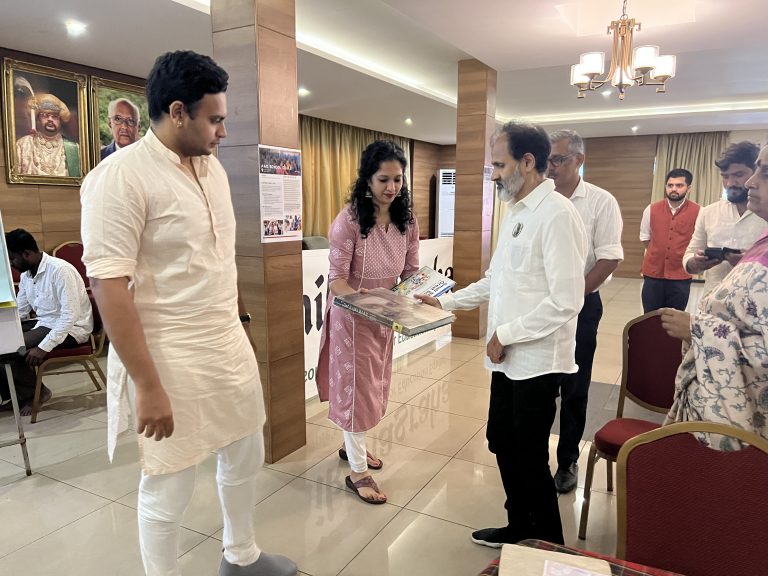
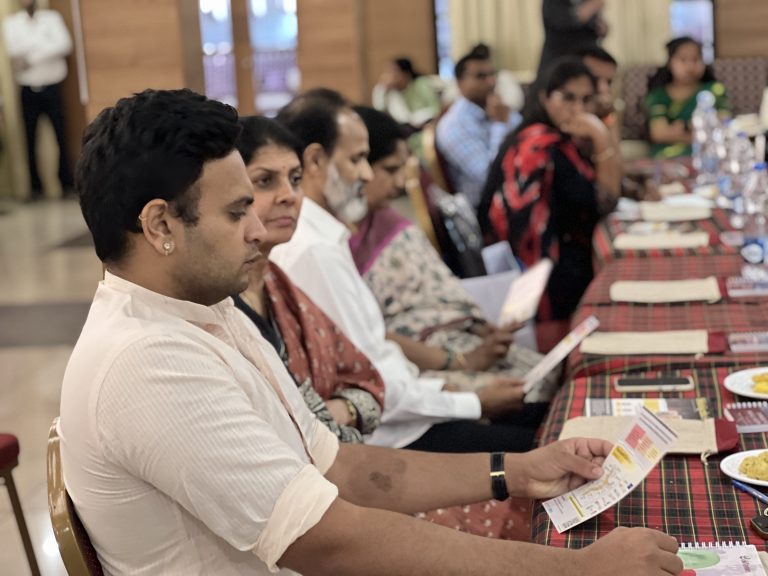
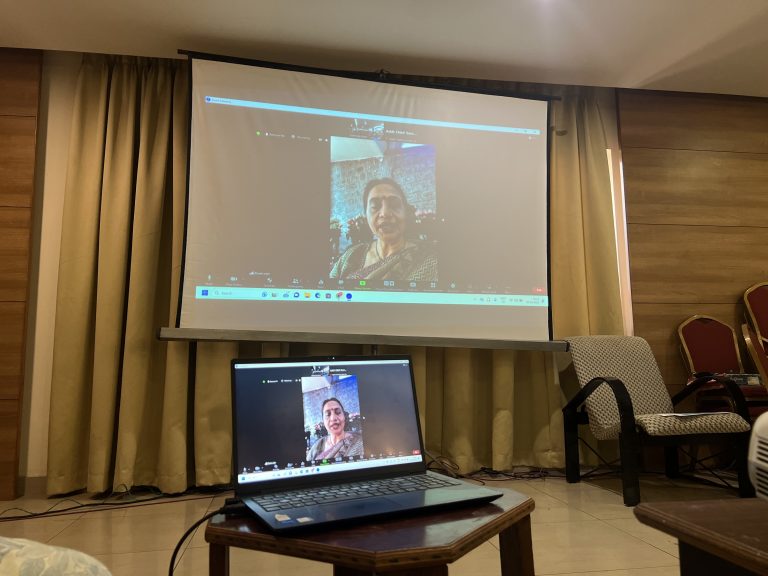
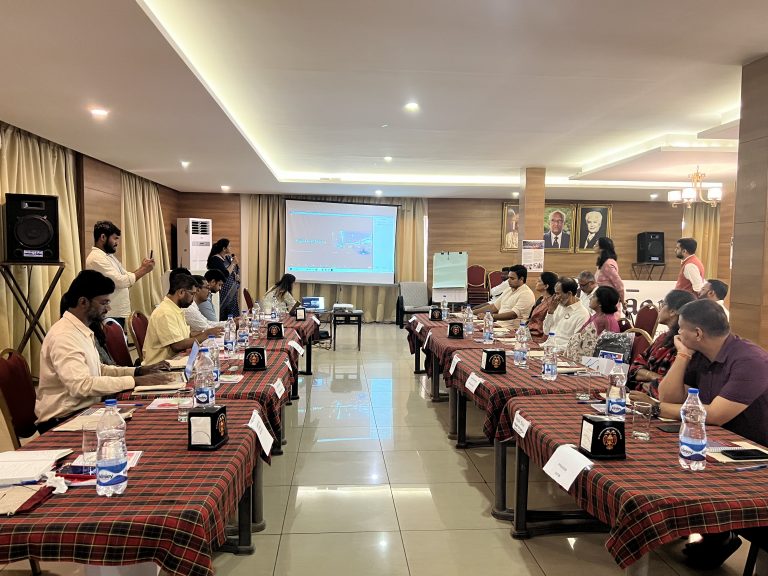
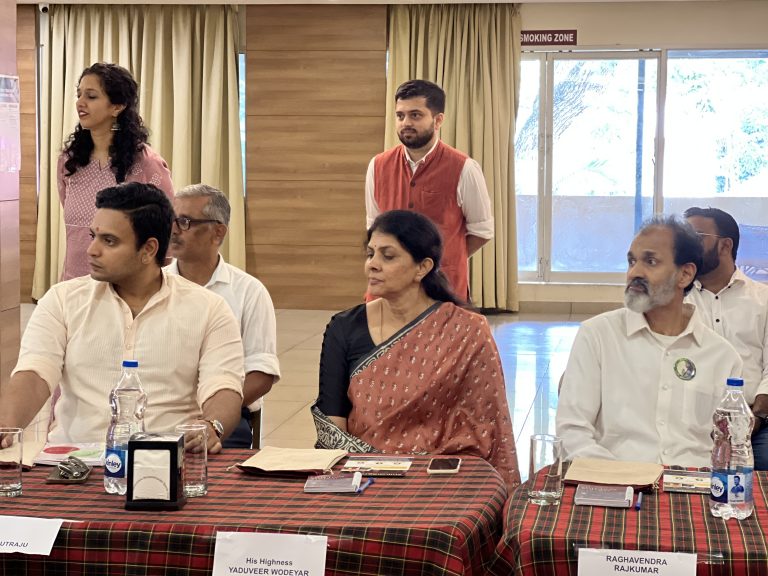
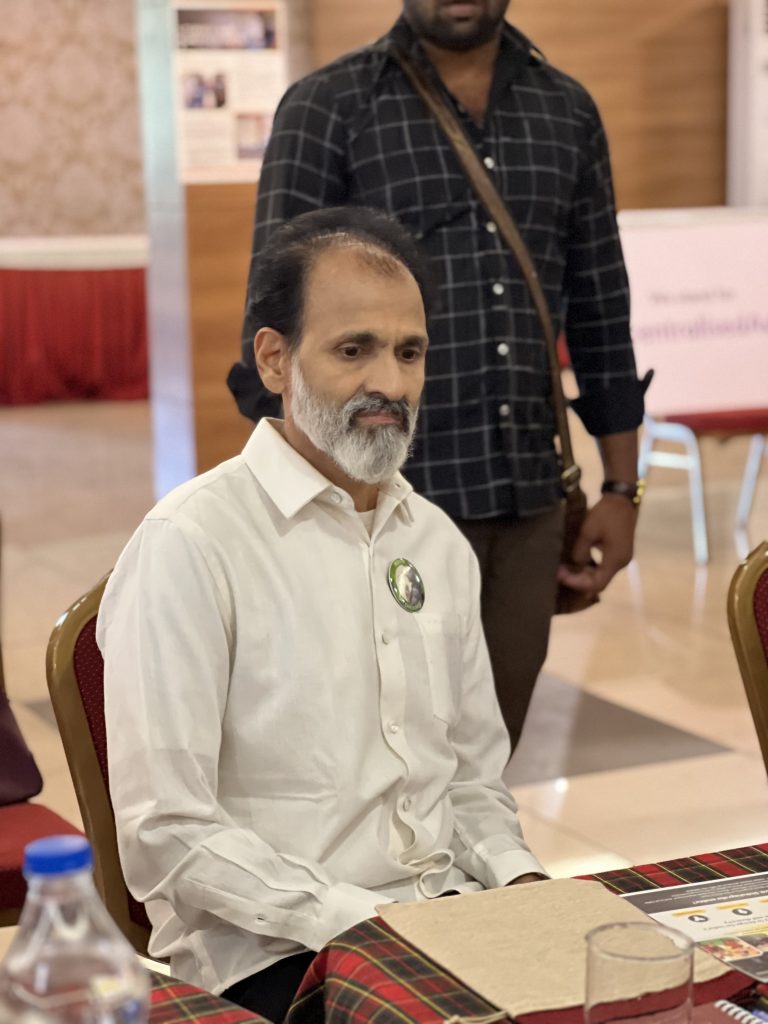
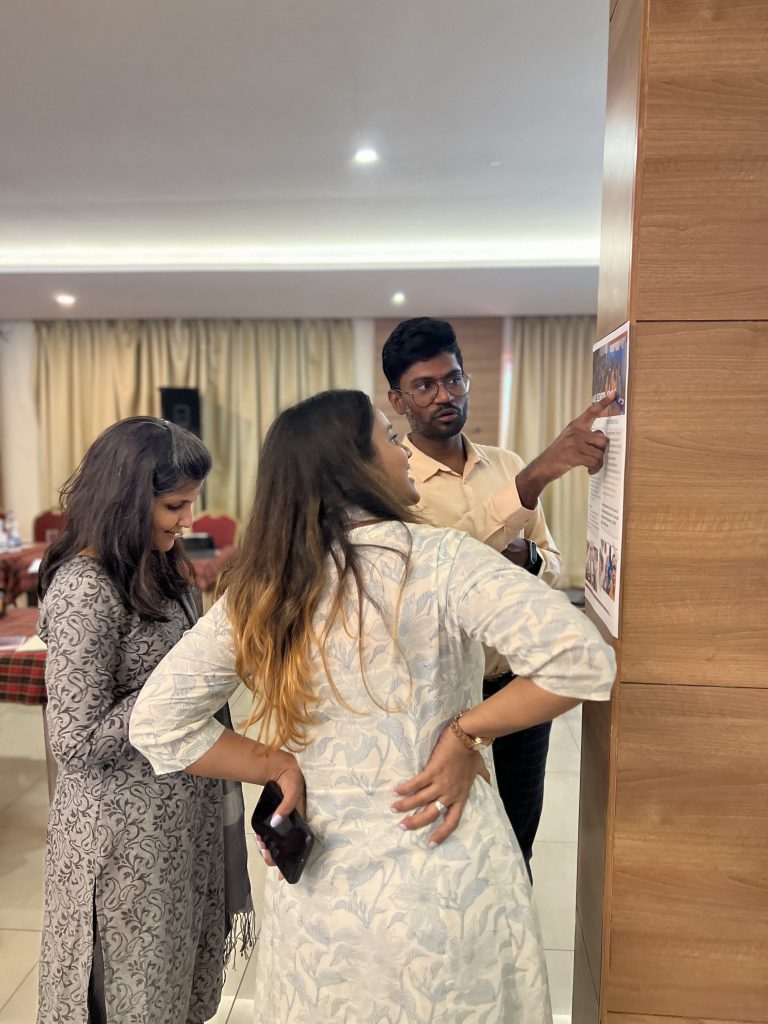
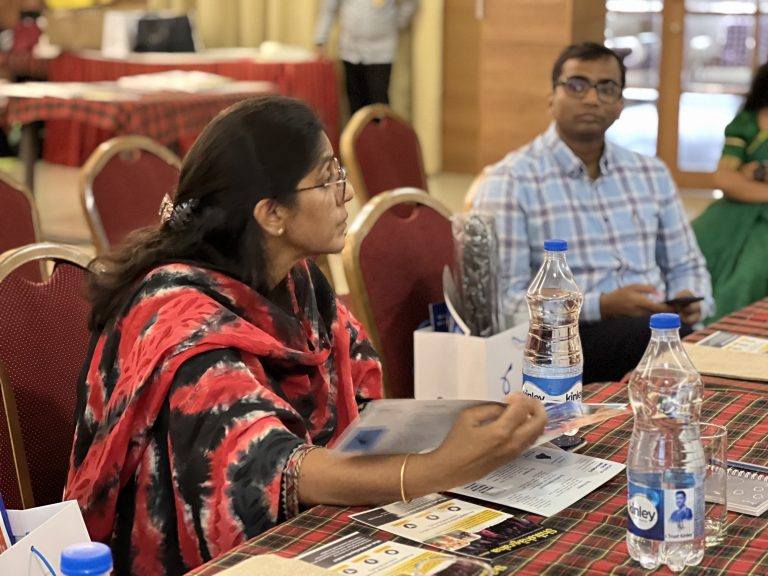
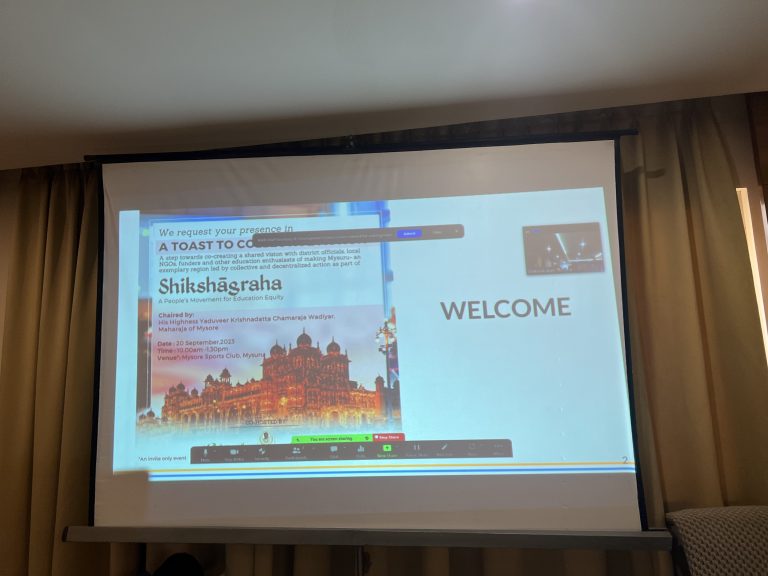
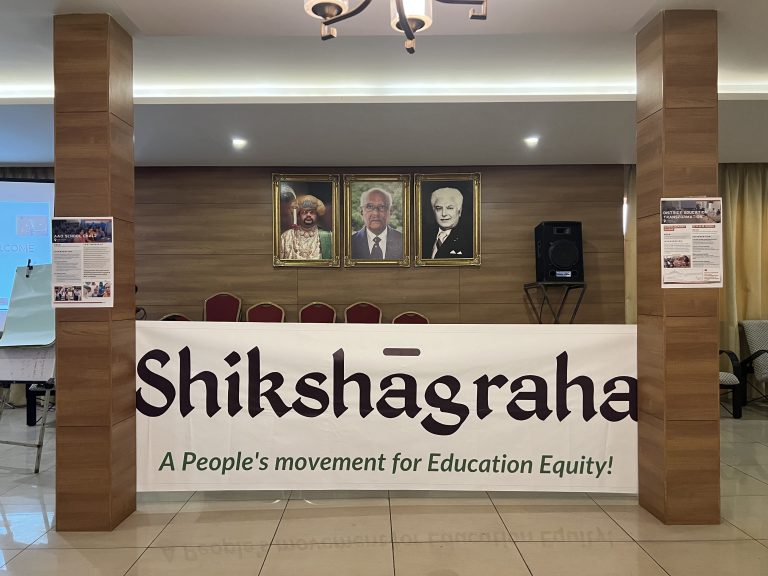
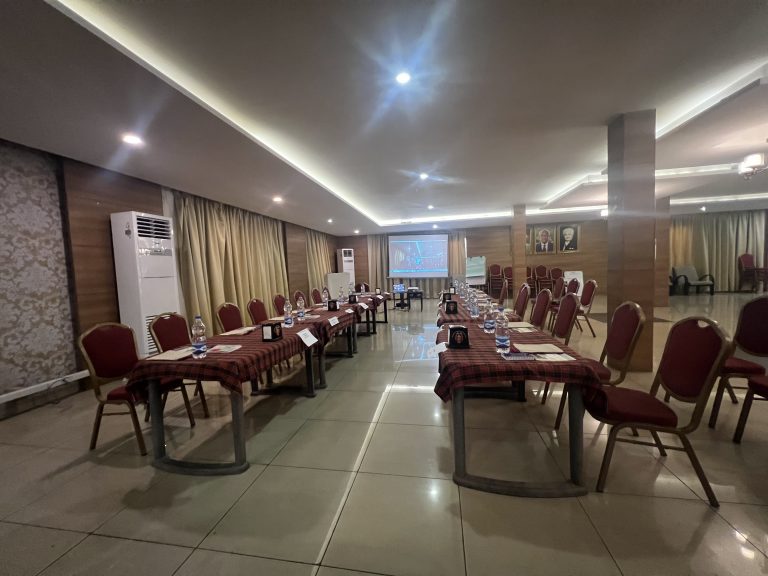
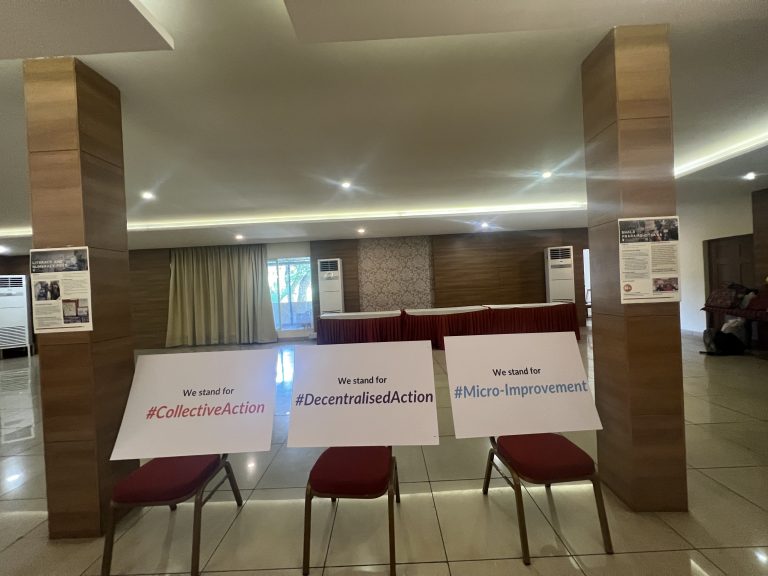

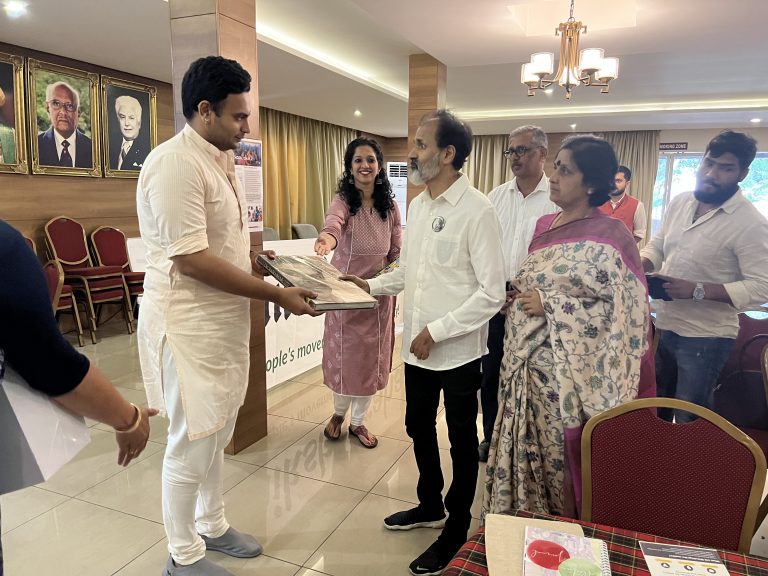
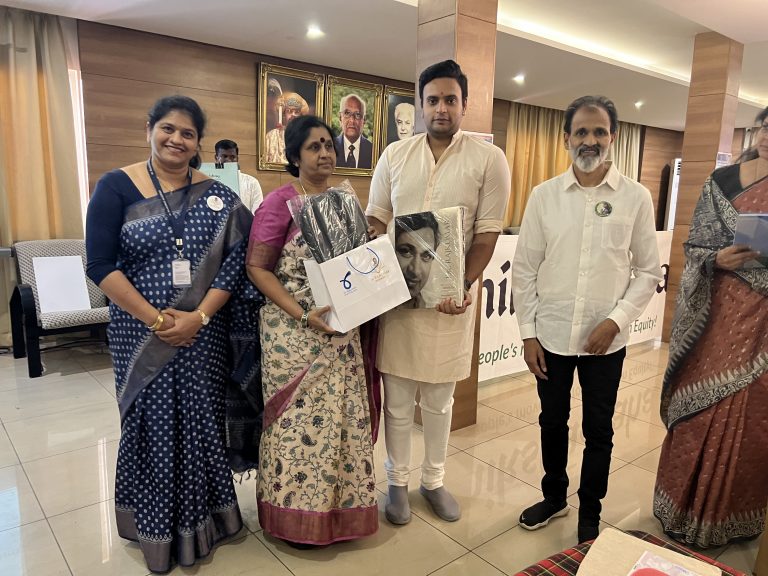
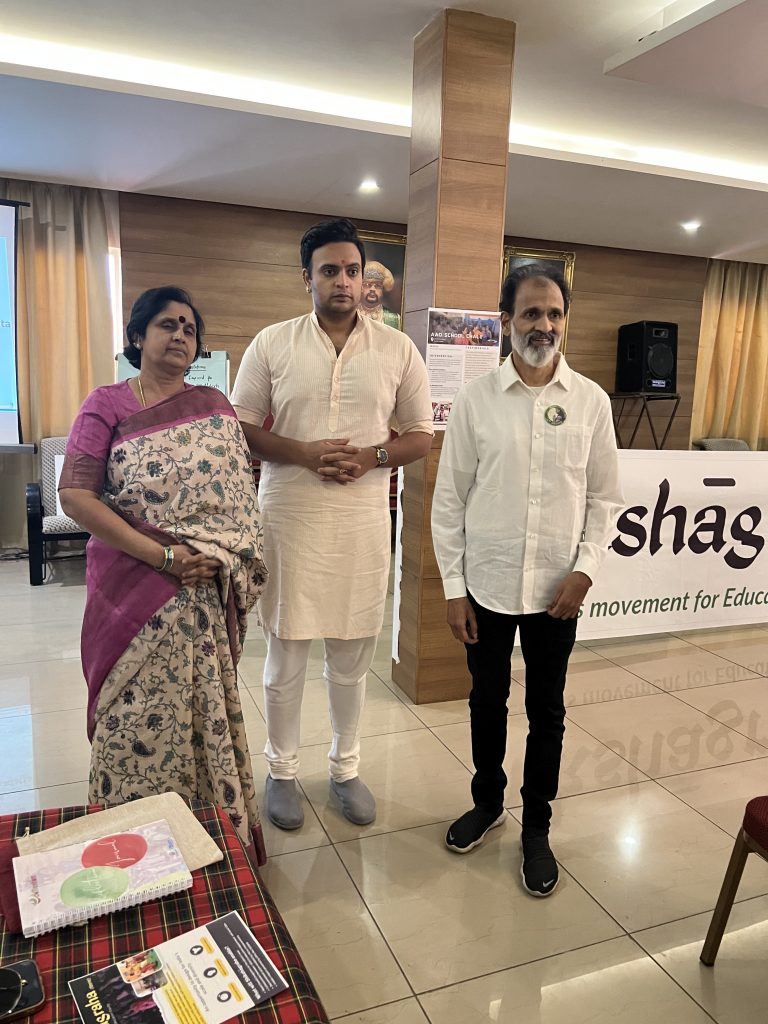
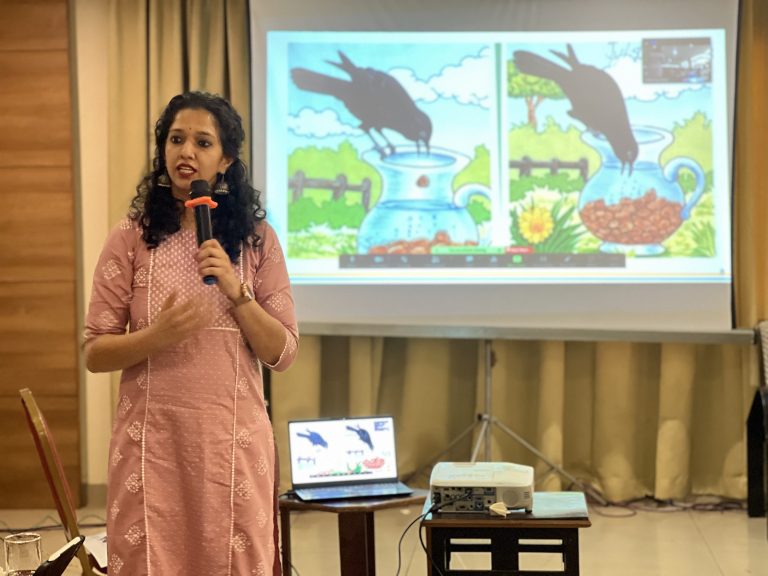
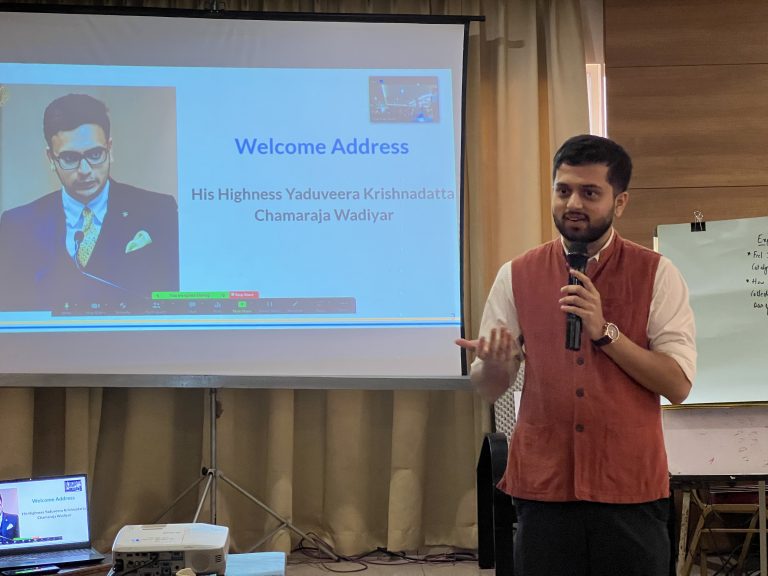
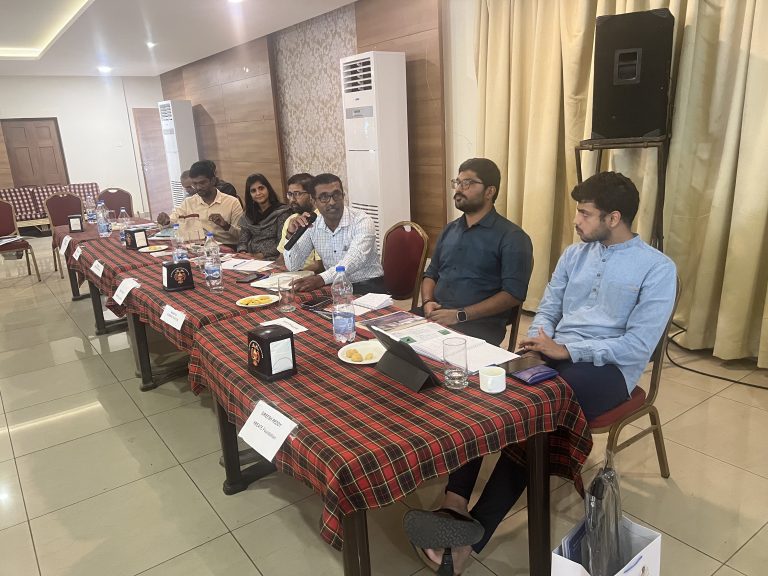
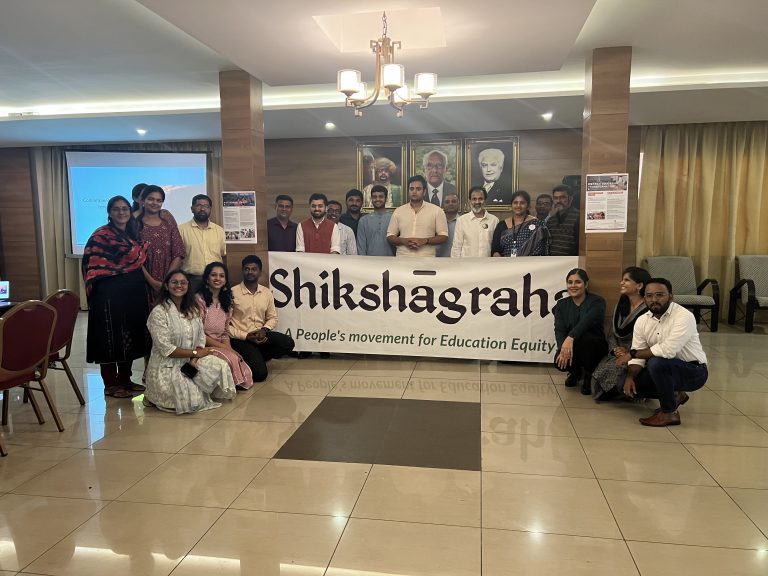
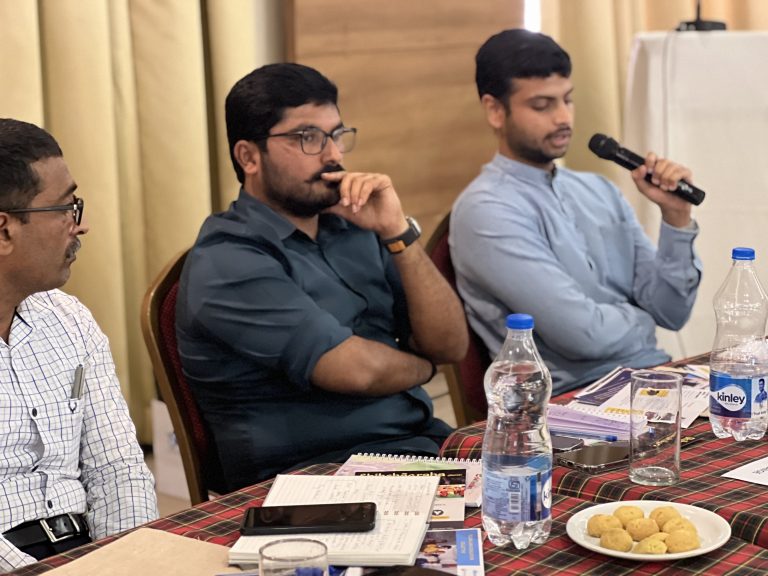
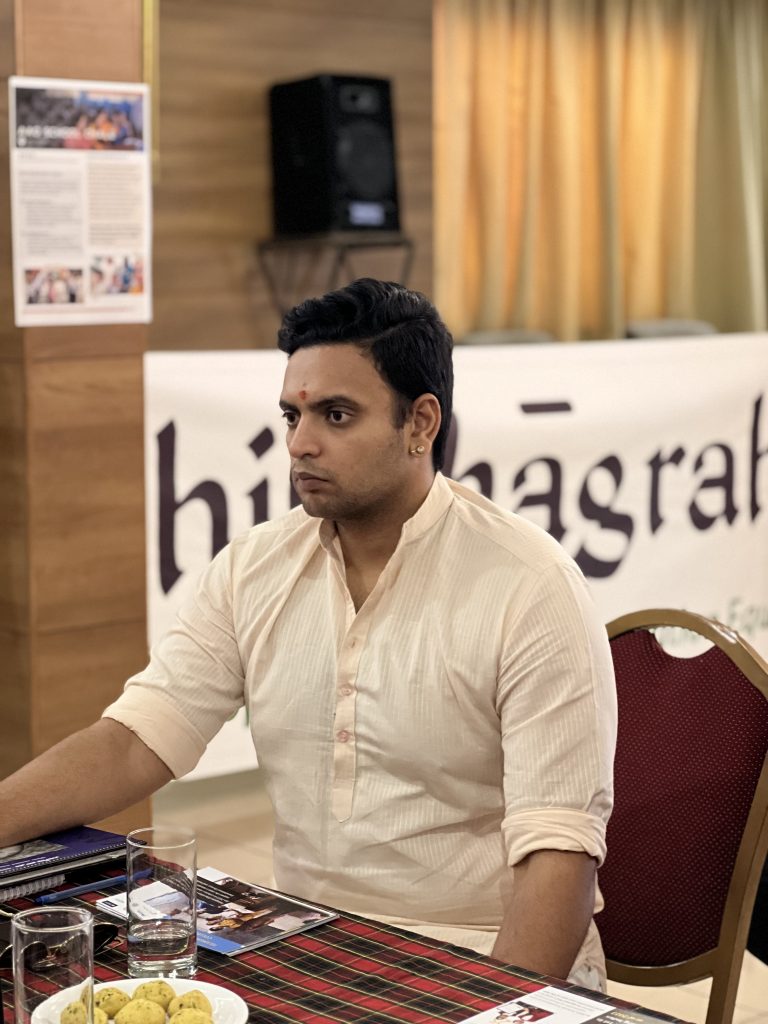
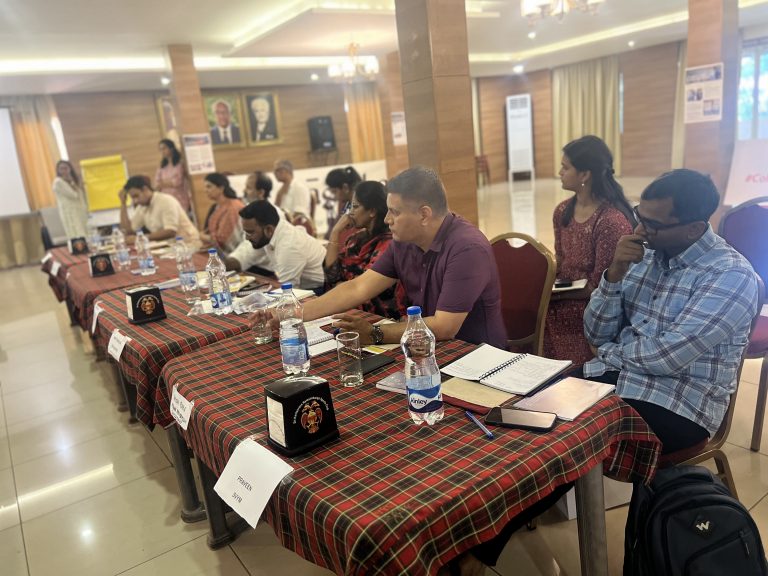
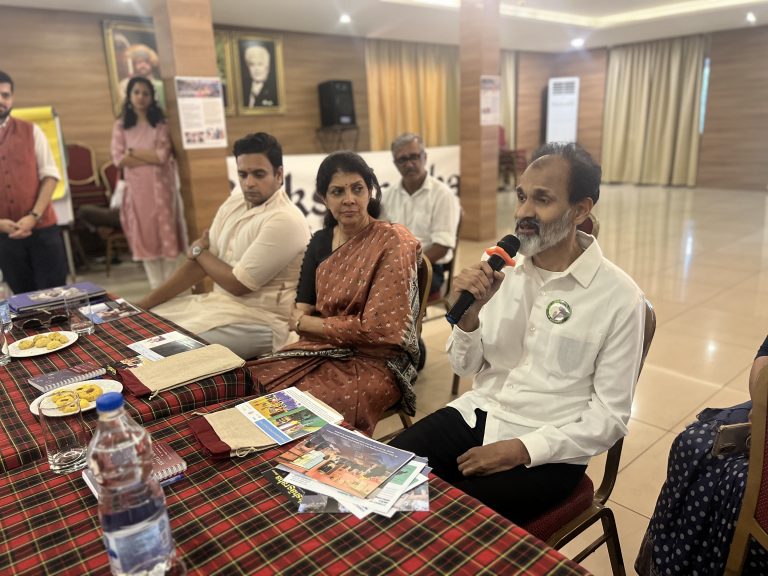
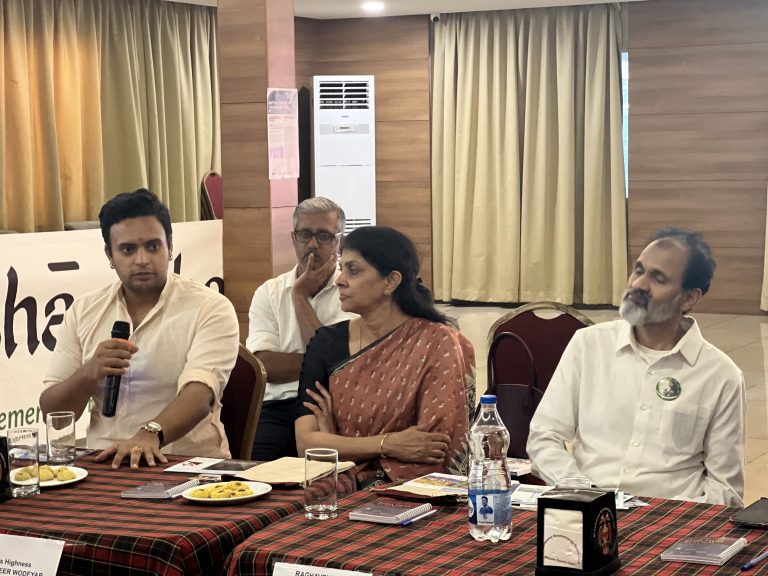
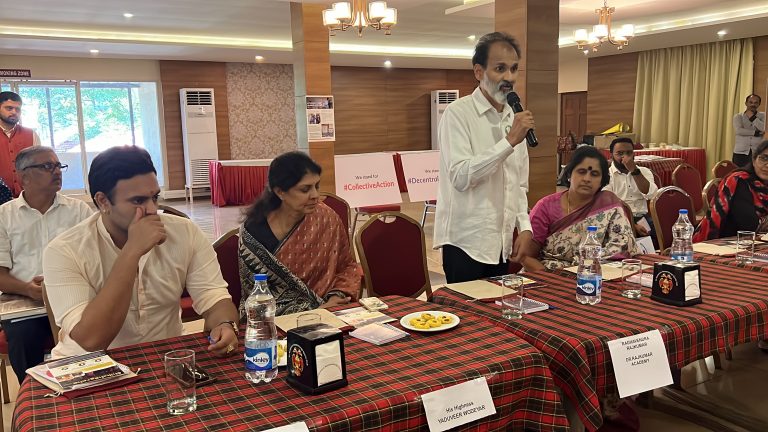
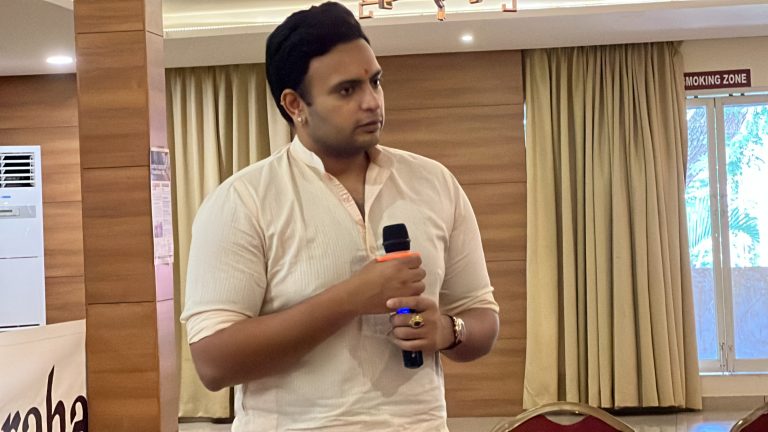
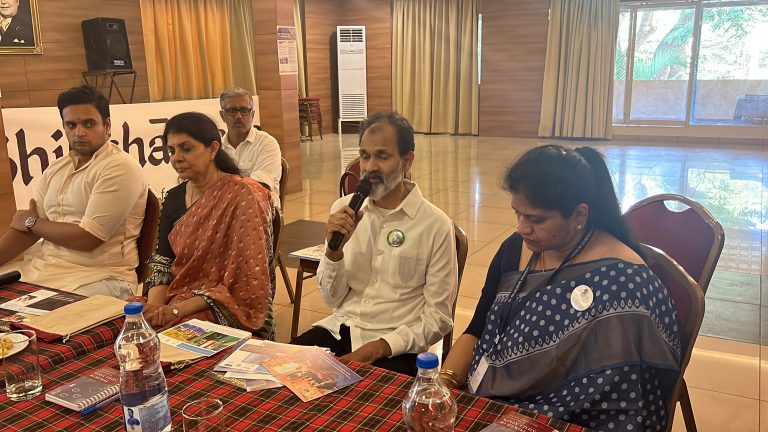
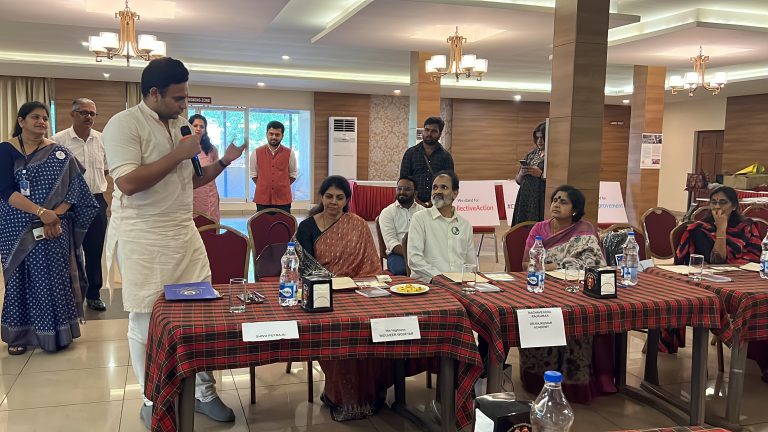
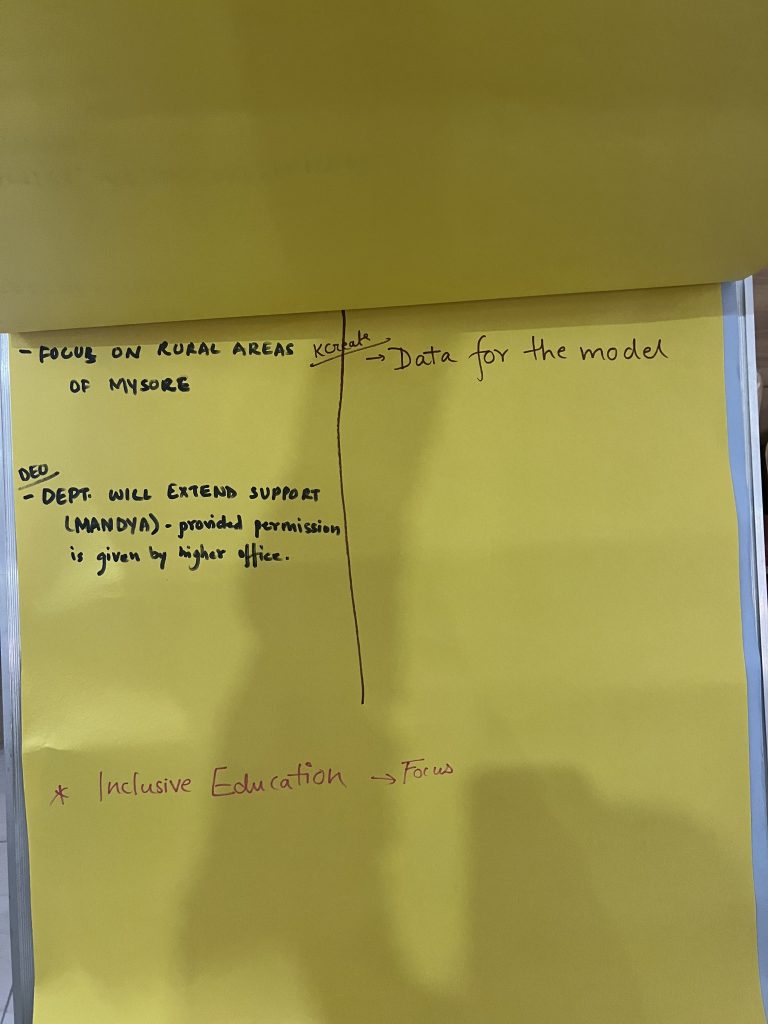
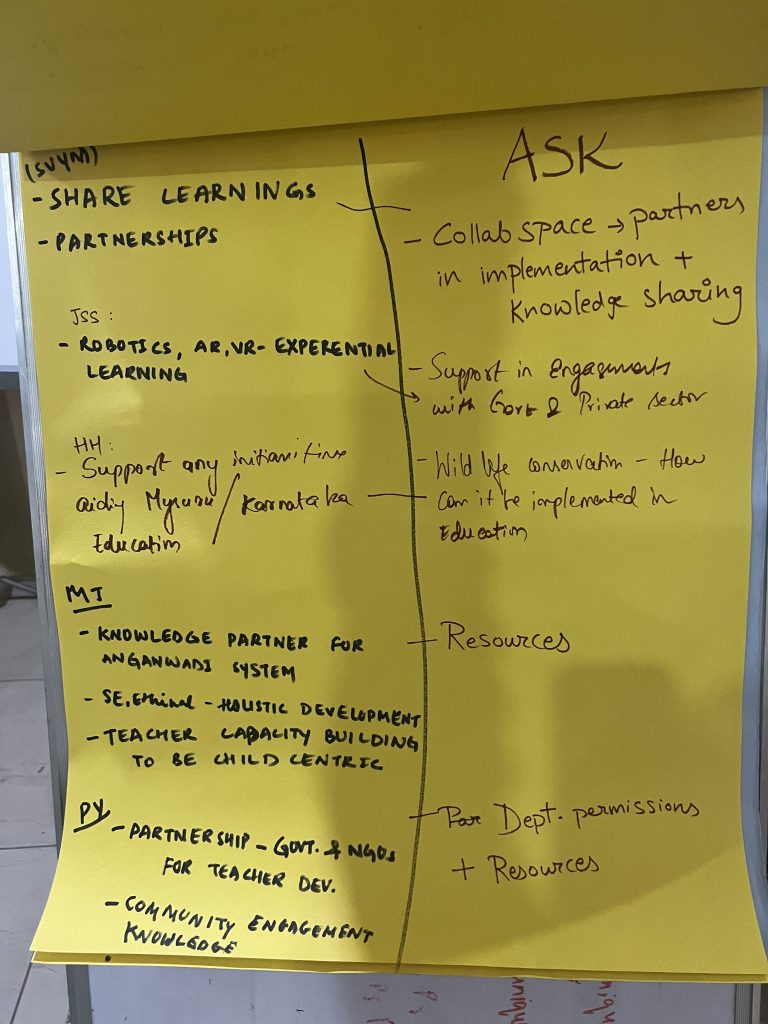
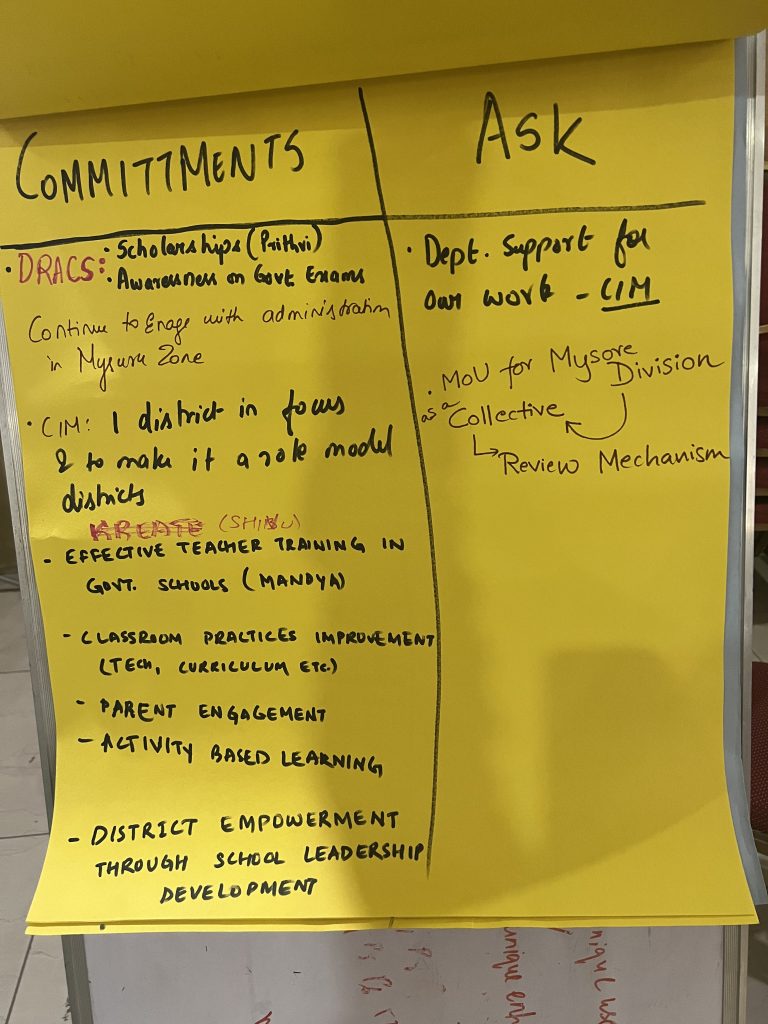
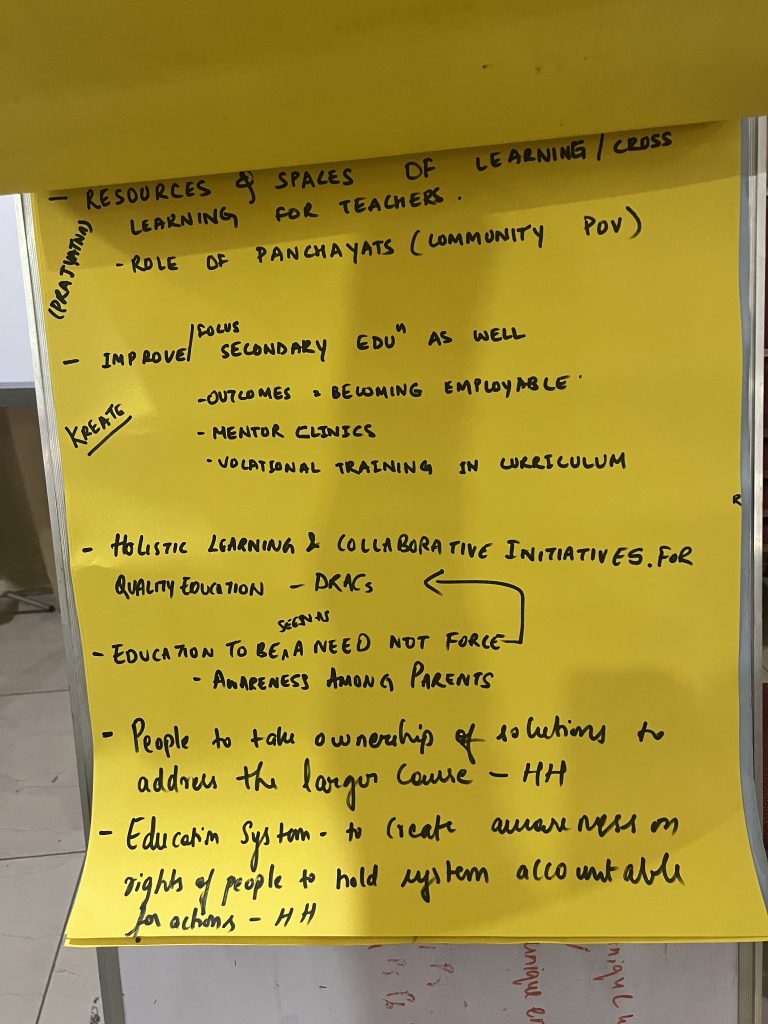
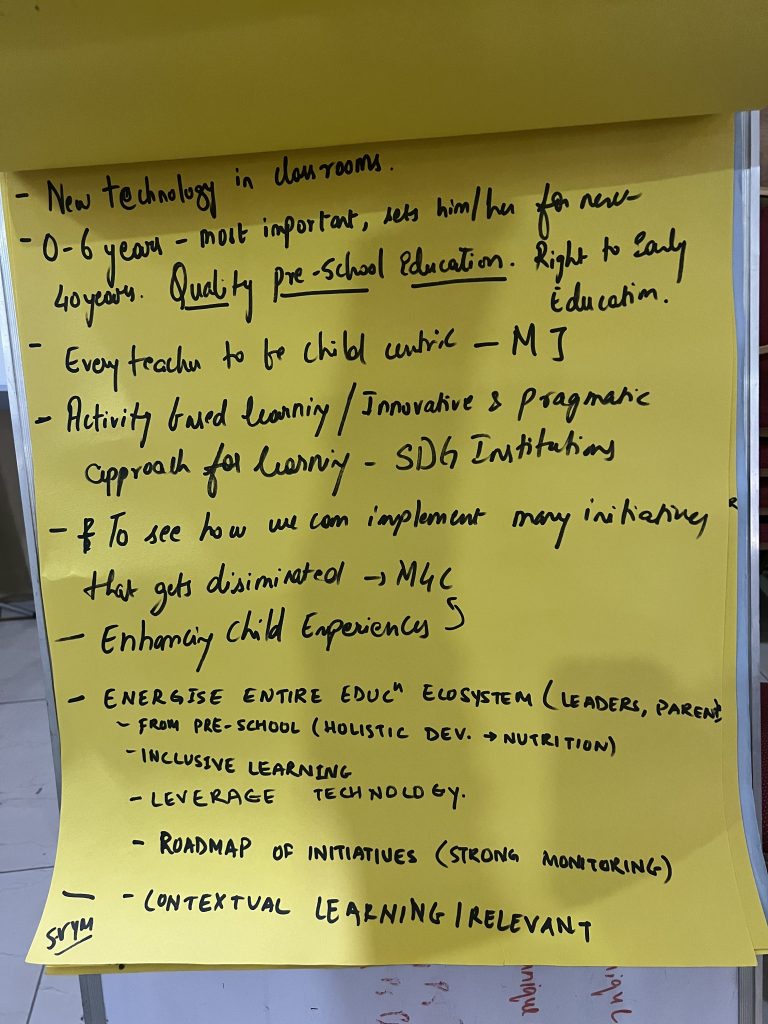
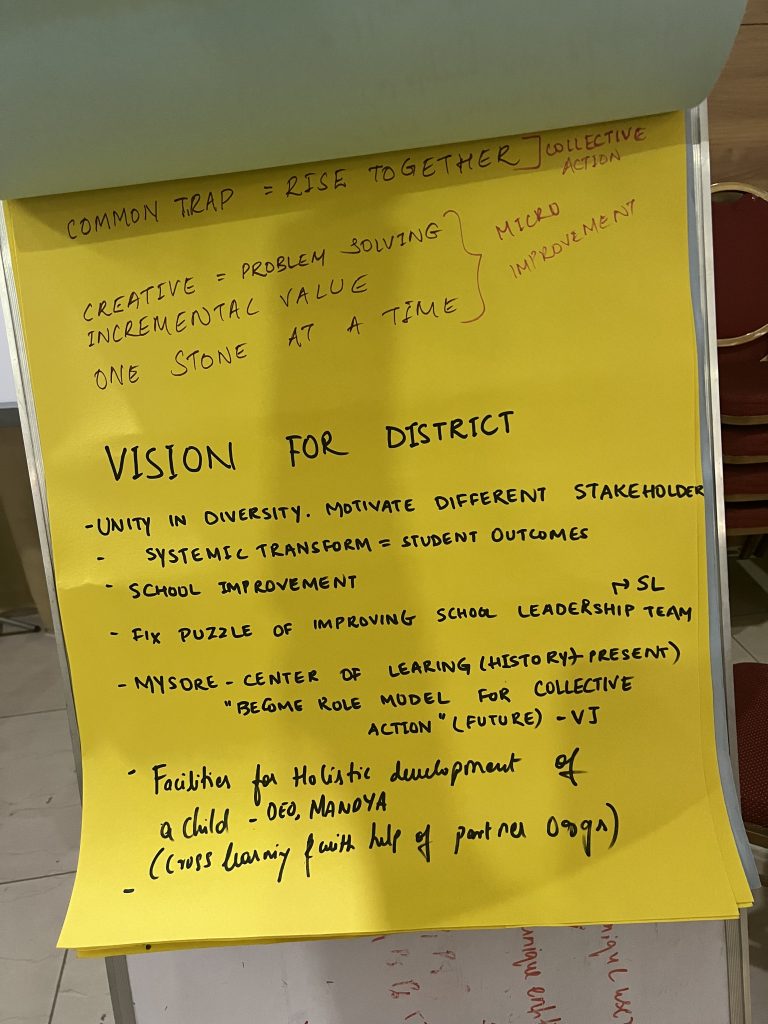
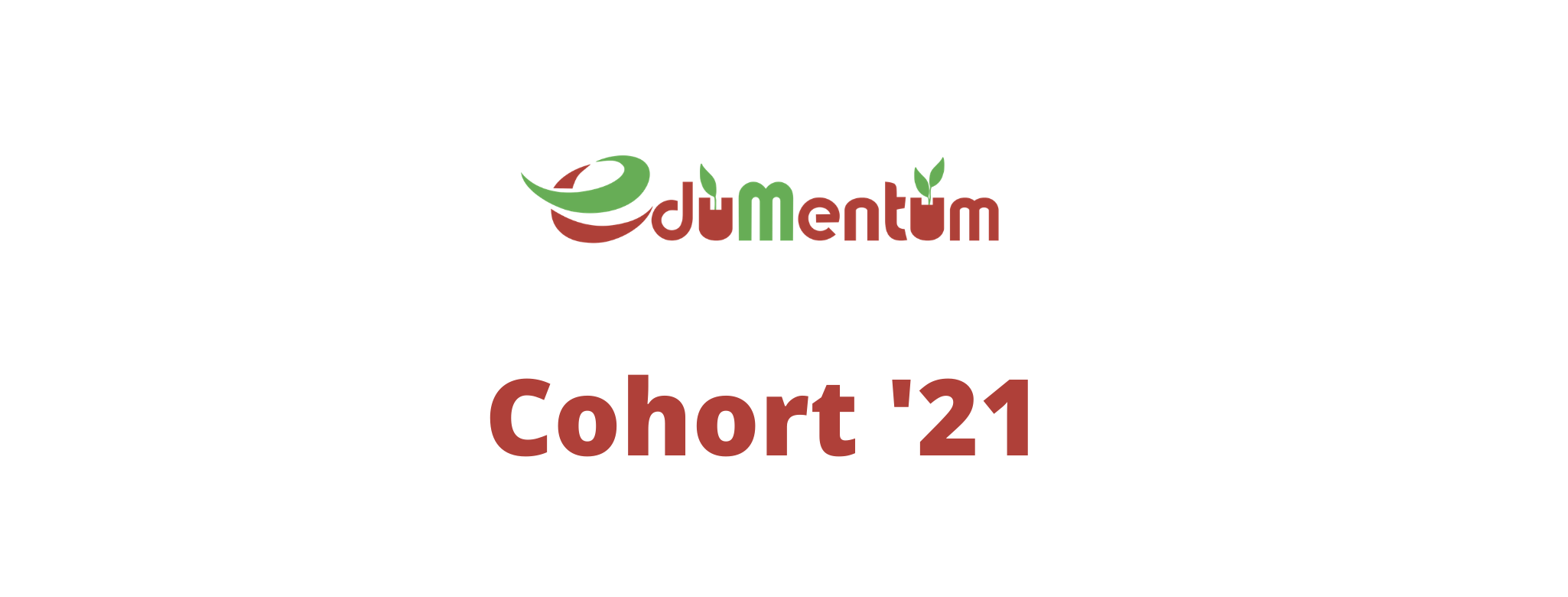
0 Comments